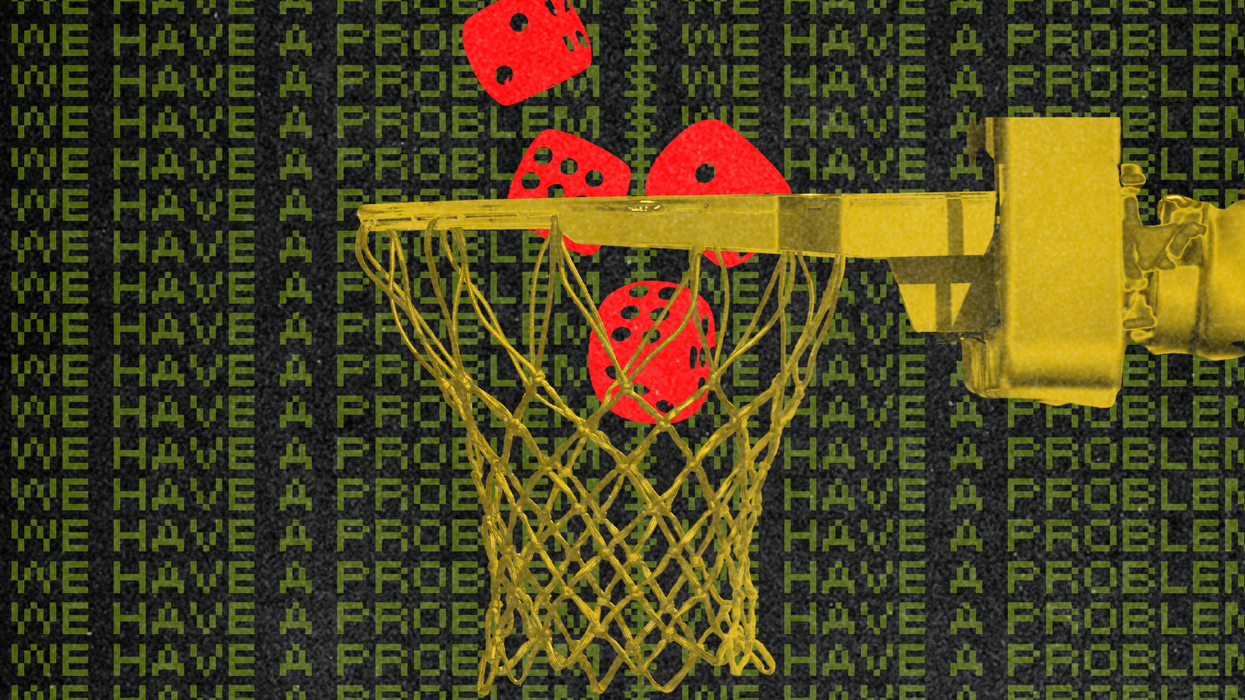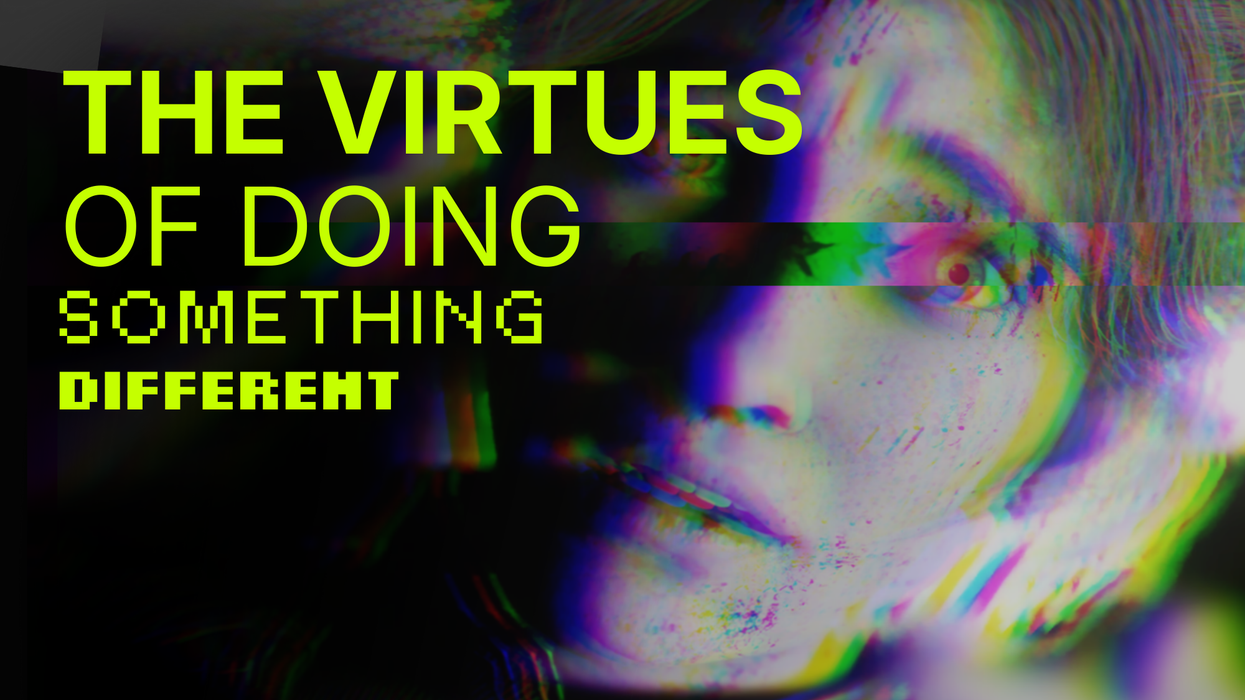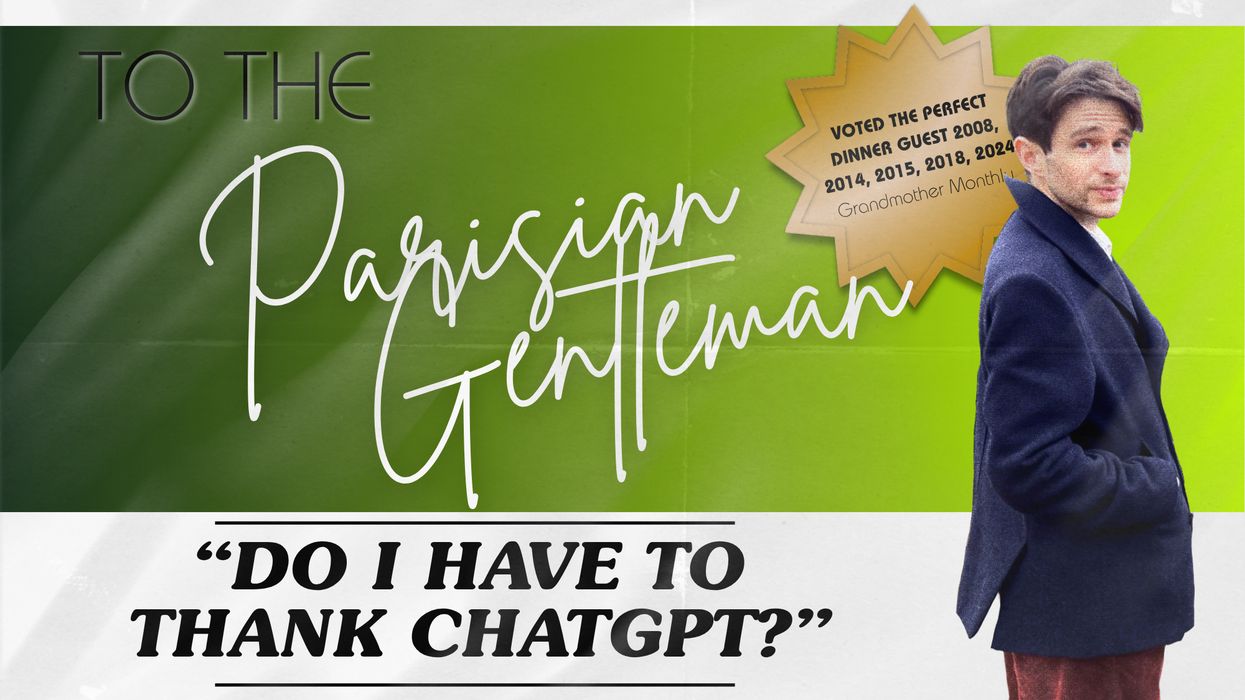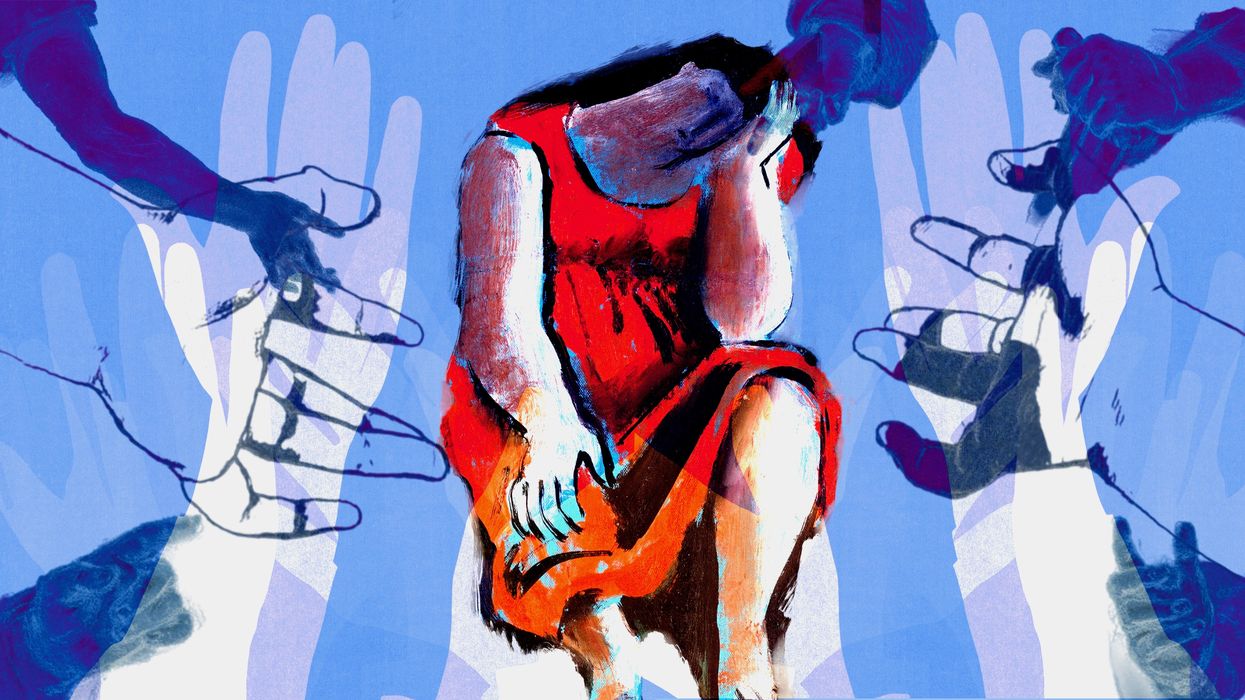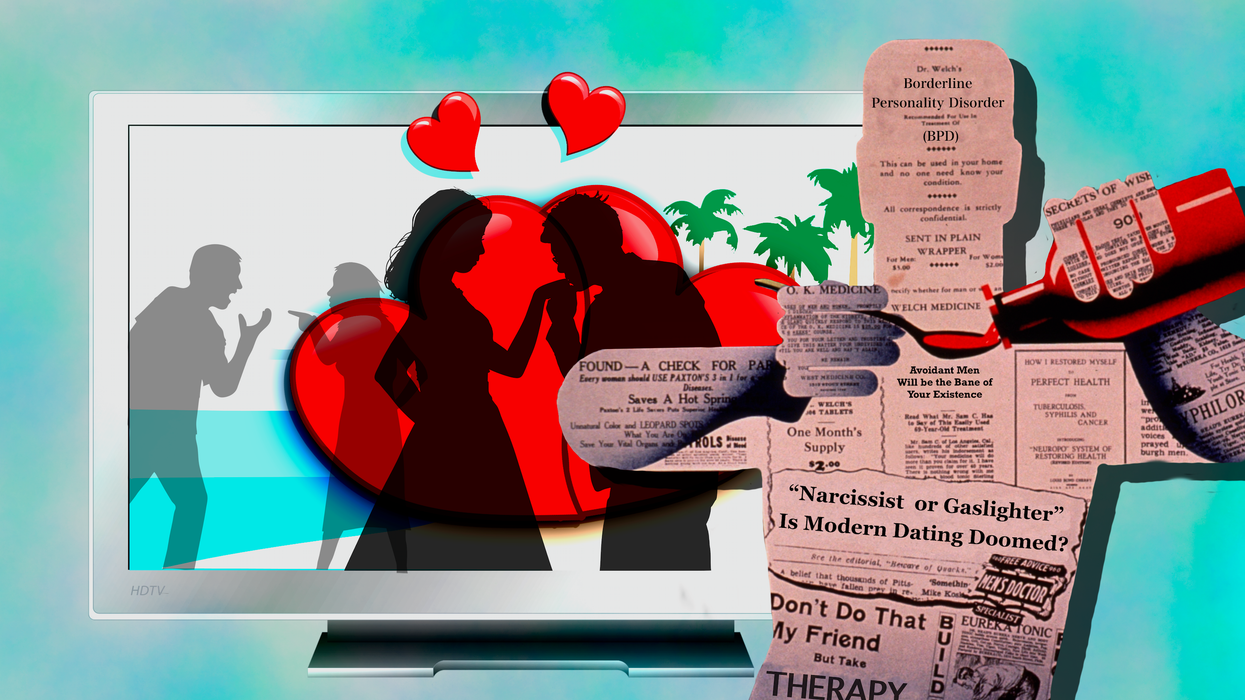For decades, the major sports leagues had one consistent position on gambling: absolutely not. The NBA, NFL, MLB, and NHL spent millions lobbying against sports betting legalization, warning that gambling would inevitably corrupt the games themselves. Match-fixing. Point-shaving. Organized crime. They knew the history: the 1919 Black Sox scandal, Pete Rose's lifetime ban, Tim Donaghy's referee conspiracy. Sports gambling, the leagues insisted, was an existential threat to the integrity of competition.
Then they changed their minds. Or rather, they saw the money.
In May 2018, the Supreme Court struck down the federal ban on sports betting in Murphy v. NCAA. Within three months, the NBA, the same league that had sued to prevent legalization, signed a three-year, $25 million partnership with MGM Resorts, making the casino operator its "Official Gaming Partner." The NFL followed with a $1 billion, five-year deal split among Caesars, DraftKings, and FanDuel.
MLB signed a similar deal with MGM Resorts in November 2018 (estimated around $25 million) making MGM the "Official Gaming Partner" and "Official Entertainment Partner of MLB" with exclusive access to enhanced statistics and presence at marquee events. FanDuel became an official gaming partner with access to official MLB data in August 2019. The NHL and MLS followed parallel tracks with MGM Resorts, FanDuel, BetMGM, and DraftKings partnerships.
FanDuel and DraftKings control approximately 65-70% of the U.S. sports betting market (FanDuel ~40%, DraftKings ~29%), generating billions in revenue from the $147.9 billion wagered across legal markets in 2024 (23.6% increase from 2023). The industry generated $14.2 billion in operator revenue in 2024, up from $11.04 billion in 2023.
In 2023, DraftKings CEO Jason Robins announced the company would reduce spending on league and team partnerships, calling them "inefficient," signaling a strategic shift toward profitability over market share acquisition. The strategy had worked. They'd used the leagues to legitimize sports betting, to make it feel safe and official. Now they had the data, the customers, the market share. They didn't need the leagues anymore.
The leagues said sports betting wouldn't corrupt the games. They said they'd have safeguards. They said it would be different this time.
Seven years later, we know that they had it right the first time.
I. Corruption Run Rampant
On October 23, 2025, federal prosecutors charged 34 defendants across 11 states, including NBA players, coaches, and members of four Mafia crime families, with systematic game manipulation and insider betting. U.S. Attorney Joseph Nocella Jr. called it "one of the most brazen sports corruption schemes since online sports betting became widely legalized." (Sources: DOJ Eastern District of New York press release; ESPN; Reuters.)
Terry Rozier, Miami Heat guard, is charged with wire fraud and money laundering. Prosecutors allege that on March 23, 2023, he tipped off associates that he would exit a Charlotte Hornets game early, precipitating prop-bet surges totaling over $200,000 on his statistical "unders." He played nine minutes with five points before leaving. The NBA had investigated and cleared him in 2023, prosecutors now allege otherwise.
Chauncey Billups, Portland Trail Blazers head coach and newly inducted Hall of Famer, was charged in a connected indictment for alleged involvement in Mafia-backed rigged poker games. Prosecutors say these games defrauded victims of approximately $7 million using hidden cameras, modified card readers, and X-ray tables. Billups also allegedly provided insider information about Trail Blazers lineups. Damon Jones, former NBA player and Cleveland Cavaliers assistant coach, faces charges for allegedly selling insider information about Lakers stars' medical status before public announcements.
At least seven NBA games between March 2023 and March 2024 were compromised across five teams. Thirteen La Cosa Nostra members were charged. The Senate Commerce Committee launched an immediate investigation, with Chairman Ted Cruz and Ranking Member Maria Cantwell demanding answers from NBA Commissioner Adam Silver, warning that public trust in sports is at stake.
This wasn't isolated. In April 2024, the NBA banned Jontay Porter for life after the Toronto Raptors center disclosed confidential health information to bettors, limited his own participation for betting purposes, and bet on NBA games, including against his own team, to cover gambling debts. He pleaded guilty to conspiracy to commit wire fraud in July.
In June 2024, MLB issued a lifetime ban for Tucupita Marcano (San Diego Padres) who placed 387 baseball bets totaling over $150,000, including 25 bets on Pittsburgh Pirates games while on their injured list. Some were on his own team to lose. In July 2025, MLB placed Cleveland Guardians pitchers Emmanuel Clase and Luis Ortiz on paid leave for suspicious prop betting. Federal authorities are investigating former Temple guard Hysier Miller for betting on his own games and point-shaving.
This misconduct has been discovered at the college level as well. Fresno State permanently banned three basketball players (Mykell Robinson, Jalen Weaver, and Steven Vasquez) in January 2025 for betting on their own games and manipulating statistical performance after Robinson's prop bets were flagged by Nevada sportsbooks. Notre Dame suspended its men's swim team for at least a year in August 2024 after members wagered on their own competitions and established an internal sportsbook within the team. In October 2025, the NCAA announced that three Eastern Michigan basketball players (Jalin Billingsley, Da'Sean Nelson, Jalen Terry) committed Level I violations by refusing to cooperate with investigations into unusual wagering patterns. By September 2024, the NCAA was investigating 13 players at 6 schools, with federal investigations involving approximately 30 current or former players.
These issues reach far lower than collegiate sports even. In August 2024, offshore sportsbooks offered odds on Little League World Series games involving 10-12 year old children. Little League International issued a statement: "We feel strongly that there is no place for betting on Little League games or on any other youth sports competition." Critics warned of potential death threats to young players and families. A Bark survey found 74% of males at Redwood High School (California) placed sports bets on online platforms despite being underage, with studies noting teen gamblers are more susceptible due to underdeveloped brains and inability to properly evaluate risk.
The leagues were right the first time. Gambling corrupts sports. It just turns out they were willing to overlook that for the money.
II. The Human Cost
Harry Levant, a recovering gambling addict who stole $1.9 million from clients before getting treatment, puts it more simply: "Sports always belonged to the American people, the American family. Sports now belongs to the gambling industry." He estimated 7 million Americans suffer from gambling addiction, with studies from Australia, UK, and Finland suggesting 15% of the general population (potentially 70 million Americans annually) suffers gambling-related harm.
In January 2025, researchers at UC San Diego published a study analyzing Google search trends for gambling addiction help from 2016 through 2024. They found a 23% national increase in help-seeking searches since the 2018 Supreme Court ruling, approximately 7.3 million searches, peaking at 180,000 monthly. (See also JAMA Internal Medicine, 2025.)
Seven million people searching for help. That's roughly the population of Massachusetts. That's every person in Los Angeles plus San Diego. That's more than the entire population of 39 U.S. states.
The state-specific data is worse. Following legalization, searches for gambling help increased 30% in Virginia and New York, and 67% in Ohio. Online sportsbooks had nearly double the impact of retail sportsbooks. In Pennsylvania, retail betting correlated with a 33% increase in searches; online betting correlated with a 61% increase.
The National Council on Problem Gambling's comprehensive 2023 review found that 16% of online sports bettors meet clinical criteria for gambling disorder, with another 13% showing signs of problems. That's nearly 30% of online sports bettors experiencing gambling problems, rates at least twice as high as among gamblers generally. Mobile gambling shows a 25% problem gambling rate compared to 18% for laptop gambling and 11% for land-based gambling. The demographic profile: overwhelmingly male (98% of online problem gambling sports bettors), young (up to age 35), fully employed, with high education levels.
Harvard Kennedy School Professor Malcolm Sparrow co-authored The Lancet Public Health Commission on Gambling, and Harvard T.H. Chan School of Public Health held a panel discussion "Online gambling: The stakes for public health" featuring Dr. Shekhar Saxena (Adjunct Professor of Global Mental Health) and Victor Ortiz (Director, Massachusetts Office of Problem Gambling Services), emphasizing that the combination of technology, gambling industry, and financial industry creates a "more dangerous" environment, with higher-income and higher-education individuals now increasingly at risk.
Among college students, the NCPG reports that 75–80% report gambling within the past year, with 67% of students living on campus engaged in sports betting and 41% betting on their school's teams. The NCPG's 2024 national survey (NGAGE 3.0) found 8% of American adults (approximately 20 million people) reported problematic gambling behavior, with rates rising to 15% among adults aged 18–34 (versus 2% of those 55+). Among fantasy sports bettors, 24% reported problematic behaviors, and 17% of traditional sports bettors showed concerning patterns.
In November 2024, The Lancet published what researchers called the most comprehensive global study on gambling as a public health threat. The Lancet Public Health Commission found that 80 million adults globally experience gambling disorder or problematic gambling. Among adolescents who gamble online, 26.4% are at risk for disorders, far higher than adults. By 2028, global gambling losses are expected to reach $700 billion annually.
The American Psychiatric Association reclassified pathological gambling in the DSM-5 to the "substance-related and addictive disorder" category, the same classification as heroin and cocaine addiction. A meta-analysis in Nature found gambling activates the same neural pathways as cocaine and opioids. A 2024 study in Psychiatry Research found adults aged 18-29 engaging in sports betting showed markedly higher levels of depression, anxiety, and at-risk gambling compared to non-sports bettors, with 20.8% of online sports bettors showing signs of disordered gambling compared to only 11.3% of in-person bettors.
Richard Daynard, the Northeastern University law professor who led the legendary litigation against Big Tobacco, draws explicit comparisons: "They're both selling an addictive product, and they're not addictive by accident. It's designed to addict people. It's a trap."
Over 90% of people with gambling disorder have a diagnosable mental disorder, and over 60% have three or more co-occurring psychiatric disorders.
Then there are the suicides.
Research published across multiple peer-reviewed journals establishes that gambling disorder has the highest suicide rate of any addiction disorder. One in five gambling disorder patients have attempted suicide. Individuals with gambling disorder are 6 times more likely to have suicidal thoughts and 15 times more likely to attempt suicide than the general population.
Rutgers University Center for Gambling Studies found that 28% of problem gamblers reported suicidal ideation, 20% indicated they had made a suicide attempt, and 26% participated in non-suicidal self-injury like cutting or burning. Among high-risk problem gamblers, 42% endorsed "morbid thinking," wishing to be dead. Specific to sports bettors: 21% wished they were dead on one or more occasions, 14% reported thoughts of suicide, and 10% said they had attempted suicide. Sports and horse race bettors reported statistically higher rates of moderate to severe mental health problems (depression, anxiety) compared to other gamblers.
Analysis of the National Violent Death Reporting System (2003-2020) found gambling-related suicide cases over-represented where alcohol use was suspected (28.0% vs. 21.2%), significant financial problems existed (50.3% vs. 8.6%), or intimate partner problems occurred (31.5% vs. 25.6%). Nevada's gambling-related suicide rate was approximately 9 times greater than the overall sample (4.0% vs. 0.44%). California data shows 19% of gamblers entering outpatient care reported suicidal thoughts in the previous week, 10 times higher than the rate among other Californians.
III. The Financial Devastation
A landmark study published in April 2024 by UCLA and USC researchers analyzed 7 million U.S. consumers' credit data and found that states with online sports gambling experienced a 25–-30% increase in bankruptcy likelihood. That translates to approximately 30,000 more bankruptcies per year nationally, and roughly 100,000 additional bankruptcies since legalization in 2018.
The effects concentrate among the most vulnerable. Young men under 45 in low-income counties experience twice the average increase in bankruptcy probability. Average credit scores fall approximately 2.75 points in online-legal states; bankruptcies up 25–30%; collections and auto delinquencies rise. Individuals with subprime credit scores saw 11-point drops in credit scores, 12% increases in collections and bankruptcy likelihood, and 1.3 percentage point increases in auto loan delinquencies. The study documented an 8% increase in debt sent to collections (average $30 more per consumer), 10% increase in debt consolidation loan usage, and 20% increase in auto loan delinquencies. Significant increases in bankruptcies and debt consolidation emerge approximately two years after online gambling legalization, a delayed effect that makes causation clearer.
A separate study by Baker et al. (2024) analyzed 230,000 households' credit and debit transactions and found that 8% of households use sports betting apps, with average annual losses of $1,100. Financially constrained households increased credit card debt by $368 (8% increase), while bettors invested less in savings and retirement. The same 97.5% increase in likelihood of missing mortgage payments with a 10% gambling spending increase appeared in this independent dataset, confirming the UCLA/USC findings.
Harvard Law School Petrie-Flom Center published research in March 2025 titled "A Nation Addicted to Sports Gambling (Pt. 2)" documenting that states with legalized sports gambling are seeing decreases in residents' savings and increases in credit card debt and overdrafts compared to states where it remains illegal.
Siena College and St. Bonaventure University conducted a survey finding that while 39% of Americans bet on sports, concerning behaviors are widespread: 52% of bettors have "chased" bets by increasing amounts after losses, 37% felt ashamed after losing, 20% lost amounts causing trouble meeting financial obligations, and 78% agreed that "any smartphone app that lets people drain bank accounts in one evening is a bad idea."
At Harvard Law School's event "Sports gambling: a public health threat?", Dr. Harry Levant, Director of Gambling Policy at the Public Health Advocacy Institute, stated: "Online sports betting constitutes a public health threat because it is an entirely new product that is fundamentally dangerous and, in fact, defectively designed."
In January 2025, Baltimore users alone placed $457 million in bets on DraftKings and FanDuel. $457 million. In one month. In one city.
Americans legally wagered approximately $150 billion on sports in 2024, a 24.8% increase from 2023. The industry generated $14.2 billion in operator revenue in 2024, up from $11.04 billion in 2023. States collected $2.9 billion in taxes, and federal excise taxes exceeded $375 million.
IV. The Violence
A University of Oregon study published in August 2024 found that when sports gambling is legalized, the effect of NFL unexpected home-team losses on intimate partner violence increases by approximately 10 percentage points, effectively doubling the violence found in studies from before sports gambling’s legalization. (See also OPB's coverage of the Matsuzawa-Arnesen findings.)
The effects were larger when mobile betting was legalized (versus retail only), when higher bets were placed, around paydays (24 percentage point increase during pay weeks), and for teams on winning streaks. Lead researchers Kyutaro Matsuzawa and Emily Arnesen analyzed the National Incident-Based Reporting System data (2011–-2022) and concluded that financial losses from sports gambling amplify the emotional cues from a favorite team's unexpected loss, leading to increased violence.
This confirms The Lancet Commission finding that 37% of people experiencing gambling problems have perpetrated intimate partner violence.
It’s undeniable that there is a human cost to sports betting. It is worth noting, however, the number of victims is, in fact, larger than bettors alone.
V. Backlash (Attempted)
The American public is catching on. Pew Research Center published comprehensive data on October 2, 2025, confirming that 43% of U.S. adults now say legal sports betting is "a bad thing for society," a 9 percentage point increase from 34% in their 2022 survey. This represents one of the most significant shifts in public opinion on sports gambling in recent years, based on a high-quality probability sample of 9,916 Americans conducted July to August 2025.
The most dramatic change occurred among young men under 30, the core customer base for sports betting companies. In 2022, only 22% of men under 30 viewed sports betting as bad for society. By 2025, that figure reached 47%, up 25 percentage points in just three years. Among all adults aged 18–29, negative views increased from 23% to 41%.
The negative trend extends across virtually all demographic groups. College graduates increased from 39% to 50% viewing betting as bad for society. Upper-income Americans went from 40% to 50%. Democrats showed a 12-point increase (31% to 43%), matching Republicans' 43%. Even among sports bettors themselves, the share viewing it negatively increased from 23% to 34%.
Senator Richard Blumenthal (D-CT) and Representative Paul Tonko (D-NY) introduced the SAFE Bet Act in September 2024 and reintroduced it in March 2025, representing the most comprehensive federal effort to regulate sports betting. The legislation would ban gambling advertising during live sporting events and between 8 a.m. and 10 p.m., prohibit misleading terms like "risk-free" or "no sweat" bets, ban bonus bets and odds boosts, limit deposits to 5 per customer in 24 hours, mandate "affordability checks" for customers depositing $1,000+ in 24 hours or $10,000+ monthly, ban credit card deposits, create a national self-exclusion list, prohibit using AI to track individual gambling habits or create "microbets," establish a national ban on prop bets on college/amateur athletes, require federal approval every 3 years for states to continue operating, mandate data collection on impacts, and direct the Surgeon General to report on public health issues.
The American Gaming Association strongly opposed the legislation, calling it "heavy-handed federal prohibitions" and "a slap in the face to state legislatures." The SAFE Bet Act has not gained significant traction and is unlikely to pass with the current Congressional makeup, but public opinion data suggests 63% of voters support similar legislation including prohibitions on ads during live events, deposit limits, and AI tracking bans.
Over 80 sports betting lawsuits have been filed across multiple jurisdictions as of October 2025, including class actions in Pennsylvania, New York, Massachusetts, Illinois, Kentucky, New Jersey, Maryland, and California alleging misleading advertising, fostering gambling addiction, using data to target vulnerable users, and predatory business practices. In April 2025, the City of Baltimore sued DraftKings and FanDuel for violations of Baltimore's Consumer Protection Ordinance, alleging use of personalized algorithms and targeted promotions to exploit vulnerable users showing addiction signs.
California law firm Weitz & Luxenberg filed class actions against DraftKings, PrizePicks, Thrillzz, Underdog, Betr, Dabble, bet365, and prediction markets Kalshi, Robinhood, and Polymarket, alleging false promotion of unlicensed gambling apps as legal in California.
Massachusetts Attorney General Andrea Campbell led formation of the Youth Sports Betting Safety Coalition (March 2024) bringing together the Mass Gaming Commission, NCAA, Mass Council on Gaming and Health, and major Boston sports teams to develop evidence-based education curriculum for ages 12–20. Campbell issued multiple cease-and-desist letters to illegal offshore operators and unauthorized fantasy pick'em platforms, and led a bipartisan coalition of 50 state attorneys general urging federal assistance in addressing illegal offshore gaming.
Ohio's Casino Control Commission banned use of "risk-free bets" and "free bet" language in January 2023 and fined three major sportsbooks between $150,000 and $350,000 for violations. Massachusetts legislators proposed 2025 legislation to ban prop betting, prohibit sports betting advertising during sports broadcasts, require companies to double contributions to the state addiction treatment fund, increase corporate revenue tax, mandate daily betting limits with affordability checks, and require data sharing with state regulators. This came after the Massachusetts gambling helpline saw a 121% increase in calls after online sports betting legalization, including a 41% increase in treatment referrals.
Senators Mike Lee (R-UT) and Peter Welch (D-VT) urged the FTC and DOJ in December 2024 to investigate FanDuel and DraftKings for potential antitrust violations, alleging the companies (controlling 80% of the market) leveraged dominant positions to pressure stakeholders including sports leagues, payment processors, and vendors to avoid working with competitors. Multiple data breaches affected major platforms: DraftKings suffered credential stuffing attacks in November 2022 (affecting 67,995 customers with up to $300,000 stolen) and October 2025, BetMGM was hacked in May 2022 (1.5 million users' information breached), and FanDuel experienced a breach in early 2023 after a mail service provider was compromised.
McGill University research reported that 60–-80% of high schoolers gambled for money in the past year, with up to 6% addicted to gambling and many starting around age 10. Multiple research studies documented harms: A study in the International Journal of Mental Health and Addiction examining youth awareness of sports betting advertising during the 2022 FIFA World Cup found 95.6% of UK residents aged 18–-24 recalled advertising for various bet types, with youth recalling 10–-14 sports betting ads per week on social media. Research published in July 2024 found sports betting marketing is a significant predictor of problem gambling scores among young sports bettors even when controlling for other risk factors.
We know it's bad, but we're doing it anyway. 22% of adults bet on sports in 2024, up from 19% in 2022, with all growth occurring in online betting.
The leagues were right the first time. Everything they predicted would happen has happened.
Match-fixing. Check. Organized crime involvement. Check. Players betting on their own games. Check. Point-shaving. Check. Federal corruption charges spanning 11 states. Check.
In 2018, when the NBA signed that first $25 million MGM deal, Adam Silver knew the history. He knew about the 1919 Black Sox. He knew about Pete Rose. He knew about Tim Donaghy. The NBA had literally sued to prevent sports betting legalization, presenting evidence to courts about the exact corruption risks that are now filling federal indictments.
Seven years. That's how long it took to get from "sports betting is an existential threat to the integrity of competition" to federal prosecutors charging NBA players in a Mafia-backed betting conspiracy. Seven years from warning about corruption to profiting from the companies that enable it. Seven years from protecting the game to selling it.
Harry Levant puts it simply: "Sports always belonged to the American people, the American family. Sports now belongs to the gambling industry."
That's the real corruption. Not the point-shaving or the insider bets or the Mafia involvement, though all of that is happening exactly as the leagues predicted. The real corruption is that American sports, which used to be ours, was knowingly sold to an industry designed to create addiction and extract wealth from the people least able to afford the losses.
Thirty thousand additional bankruptcies a year. Fifteen times higher suicide attempt rates. Doubled intimate partner violence rates. Seven million people searching for help. Twenty million Americans with problematic gambling behavior. Eighty million globally with gambling disorder. To the leagues, to the sports betting companies, this is a small price to pay.
The NBA kept cashing the checks while banning Jontay Porter for life for doing exactly what the business model incentivizes. The NFL kept collecting from Caesars while Terry Rozier faced federal wire fraud charges. The moral clarity was perfect: gambling is bad when players do it, profitable when leagues sell it.
Americans wagered $150 billion in 2024. The industry generated $14.2 billion in revenue. The leagues collected hundreds of millions. In the face of these staggering profits, it is easy to feel as though nothing, no shift in public opinion, no bipartisan bills, no attorney coalitions against gambling, could possibly make a difference.
The NFL plays on Sunday.
The National Problem Gambling Helpline is 1-800-522-4700.
The house always wins, but that doesn't mean it has to prevail.

